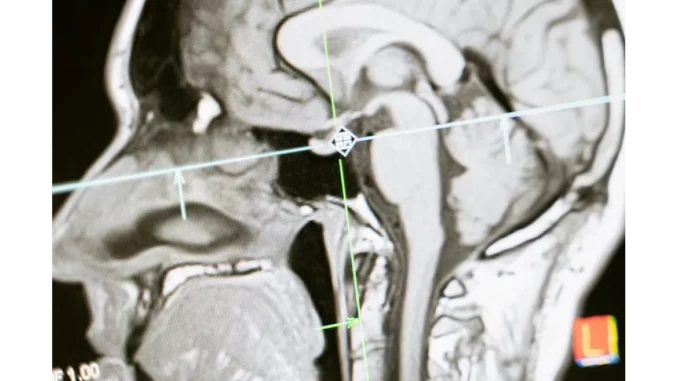
In the rapidly advancing realm of medical technology, breakthroughs frequently redefine our understanding and management of complex conditions. One such significant development is the European Union’s awarding of the CE mark to Nevro’s HFX iQ spinal cord stimulation system. This milestone is pivotal, not only for Nevro but also for the broader industry landscape. I had the opportunity to delve into the implications of this achievement with Dr. Richard Elbourne, a distinguished biomedical engineer with a focus on neural modulation technologies. His insights offer a compelling glimpse into the future of medical care.
Dr. Elbourne expressed palpable enthusiasm for Nevro’s accomplishment, a reflection of his deep engagement with the field and his keen interest in the practical applications of cutting-edge technologies. He described the CE mark as a crucial step in Nevro’s journey, enabling the introduction of their innovative spinal cord stimulation system to a wider European audience. This expansion follows the system’s successful FDA approval in the United States, heralding a new era for artificial intelligence-driven medical devices. “The CE mark,” Dr. Elbourne observed, “opens doors to new markets and showcases the potential of AI-enhanced healthcare solutions.”
The HFX iQ system represents a paradigm shift in chronic pain management, employing a sophisticated blend of artificial intelligence and high-frequency therapy. What distinguishes it from existing solutions is its capacity to collect real-time data from patients through a smartphone app. This data, encompassing pain levels, physical activity, and medication usage, is then utilised to customise treatment to each patient’s unique requirements. This personalised approach epitomises a broader industry trend towards AI-driven, data-centric patient care. As Dr. Elbourne noted, “The growth of AI in medical devices is set to accelerate, with systems like Nevro’s leading the charge in responsive, customisable healthcare solutions.”
Dr. Elbourne’s experience with similar technologies underscored the importance of dual-frequency capabilities and Bluetooth-enabled adjustments, which facilitate seamless integration and adaptability. These features represent a significant shift towards proactive, patient-engaged therapies in the complex field of pain management. “With systems like the HFX iQ,” he noted, “we are witnessing a transformation in how pain is managed, moving towards more dynamic and patient-focused solutions.”
The conversation naturally turned to the implications of Nevro’s expansion into the European market. Dr. Elbourne emphasised that this move is part of a global trend towards more accessible healthcare solutions. By entering the European market, Nevro is not merely showcasing its technological prowess but also responding to the increasing demand for innovative pain management options. This expansion could set new standards and encourage more healthcare providers to adopt AI-driven technologies, ultimately enhancing the quality of care available to patients.
In discussing the broader context of AI in healthcare, Dr. Elbourne pointed to a report predicting a substantial increase in the market value of AI medical technologies by 2027. “It’s an exciting period,” he remarked, “as AI is transforming everything from diagnostics to treatment plans.” The potential for optimising healthcare resources and reducing unnecessary hospital visits is immense, offering significant benefits to both healthcare providers and patients.
Dr. Elbourne also referenced a real-world study involving another AI-based device that demonstrated notable patient improvement, highlighting the competitive and dynamic nature of the field. While Nevro is a leader in this domain, it is not alone in its pursuit of enhanced pain management through technology. “Competition drives innovation,” he asserted, “and that is beneficial for both patients and the industry.”
As our discussion drew to a close, I inquired about the future prospects of AI in medical devices and their implications for patients. Dr. Elbourne responded thoughtfully, suggesting that we are merely at the beginning of this technological evolution. The integration of AI in medical devices will continue to evolve, offering increasingly sophisticated and intuitive solutions. For patients suffering from chronic pain, this signifies not only more hope but also an improved quality of life.
In summing up Dr. Elbourne’s insights, it becomes clear that Nevro’s recent CE marking achievement represents more than just a company milestone. It symbolises a promising future for AI-enhanced medical care on a global scale. As stakeholders and patients alike navigate this complex journey, the pursuit of innovative, personalised healthcare remains both challenging and rewarding.


Be the first to comment